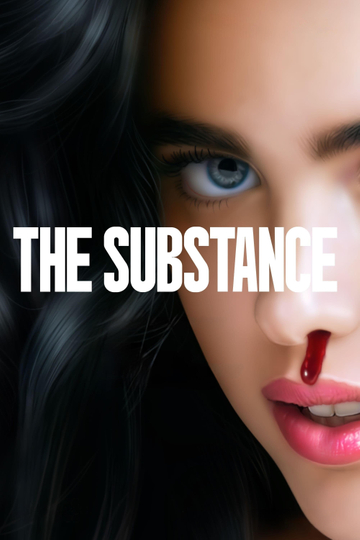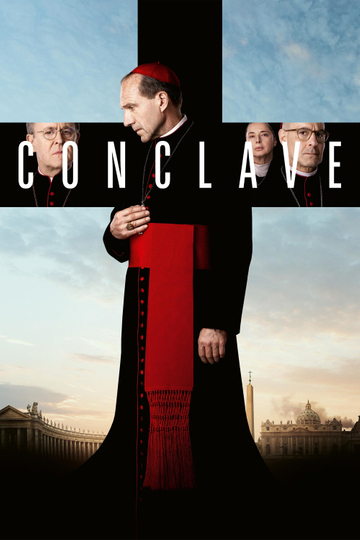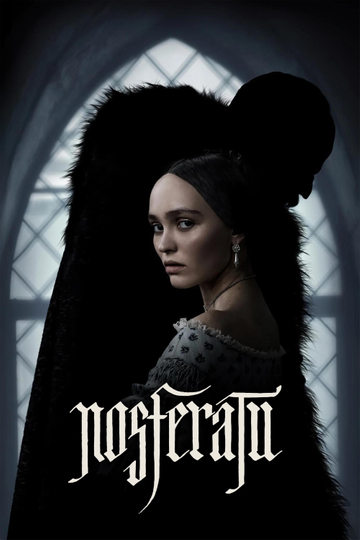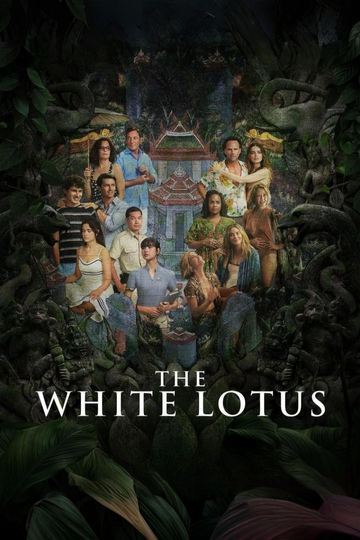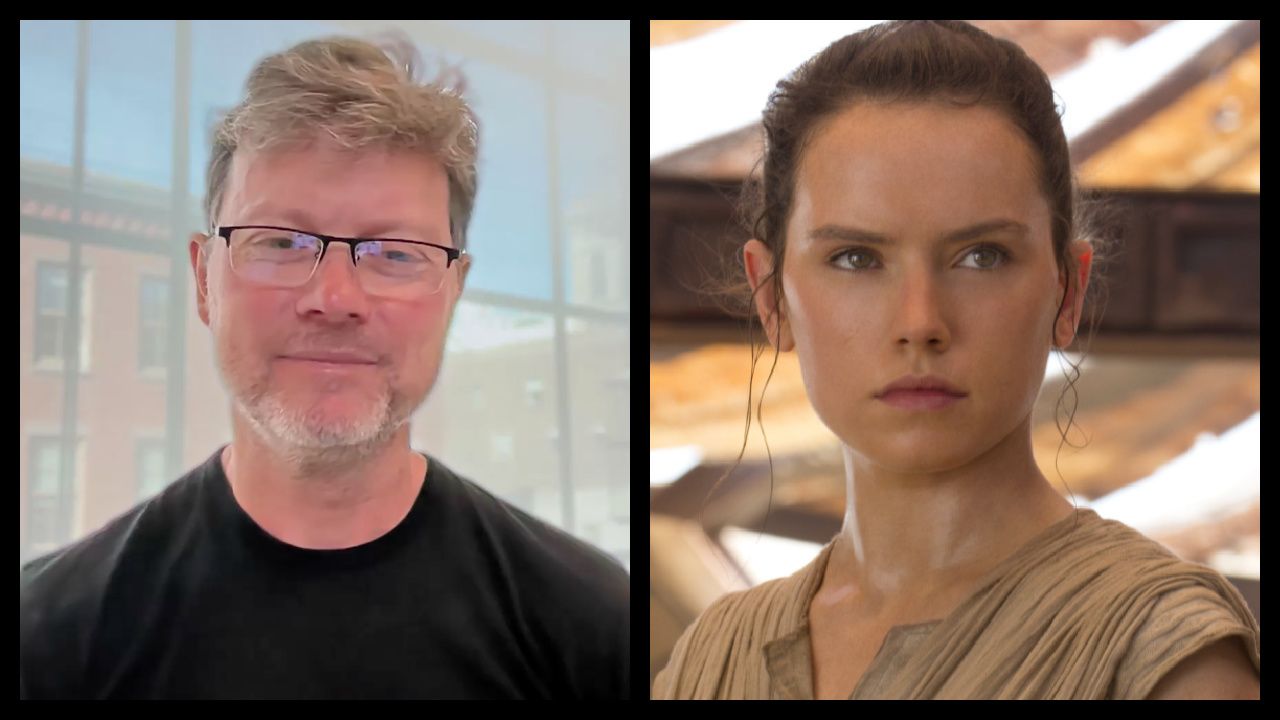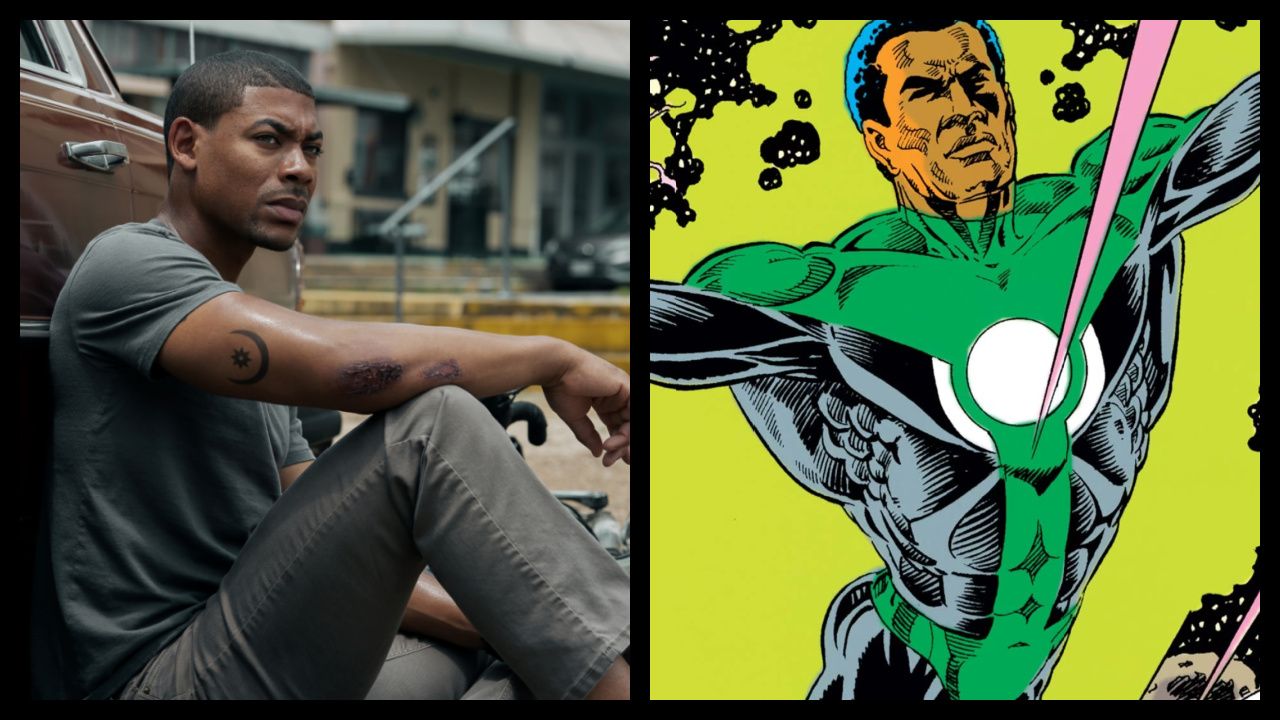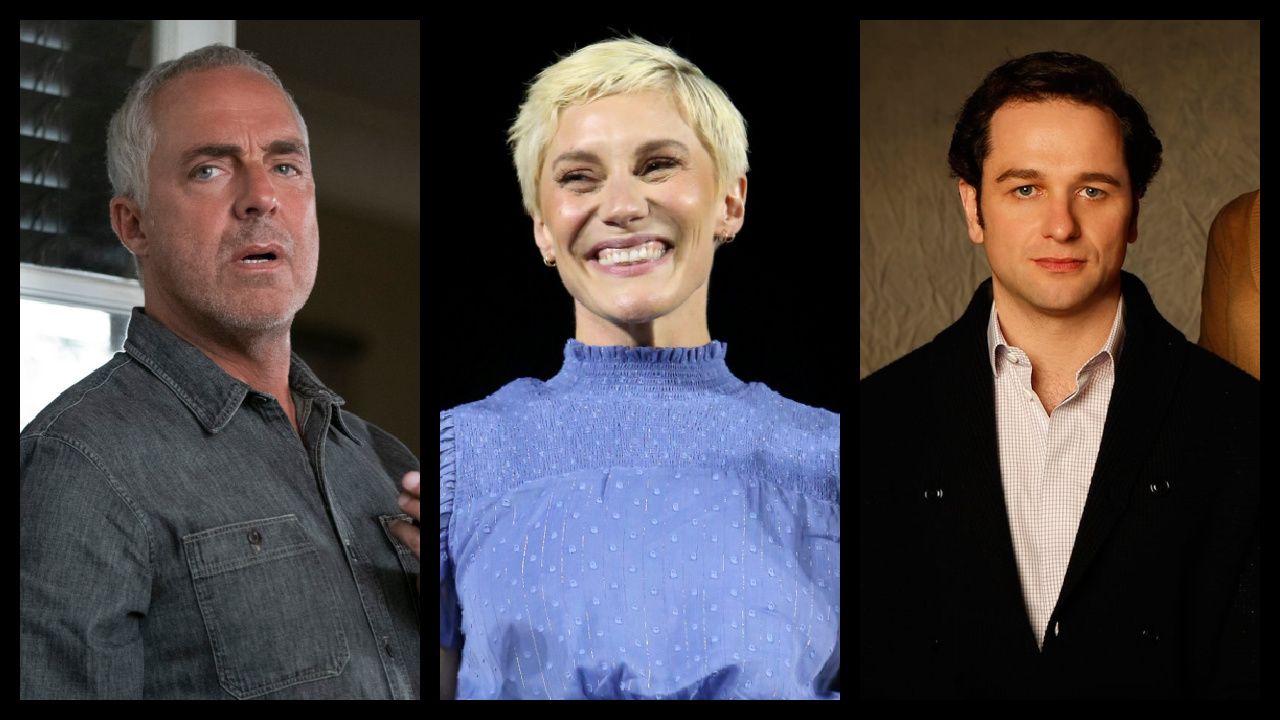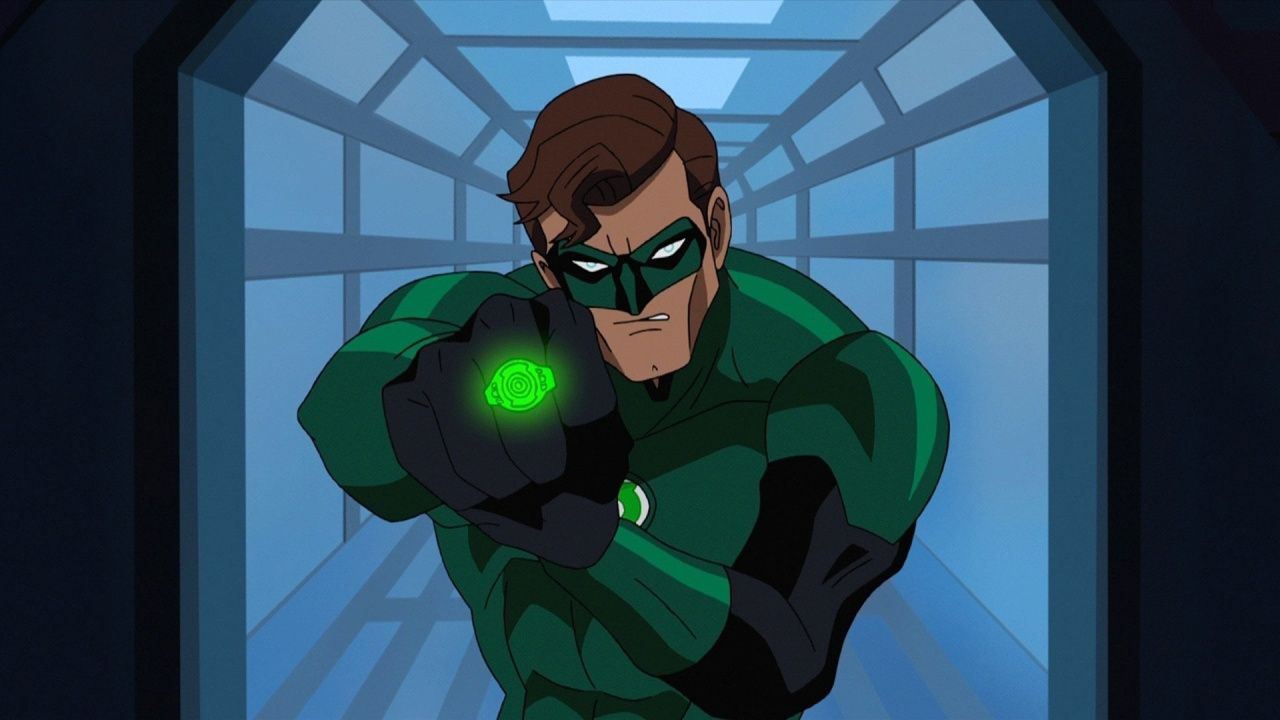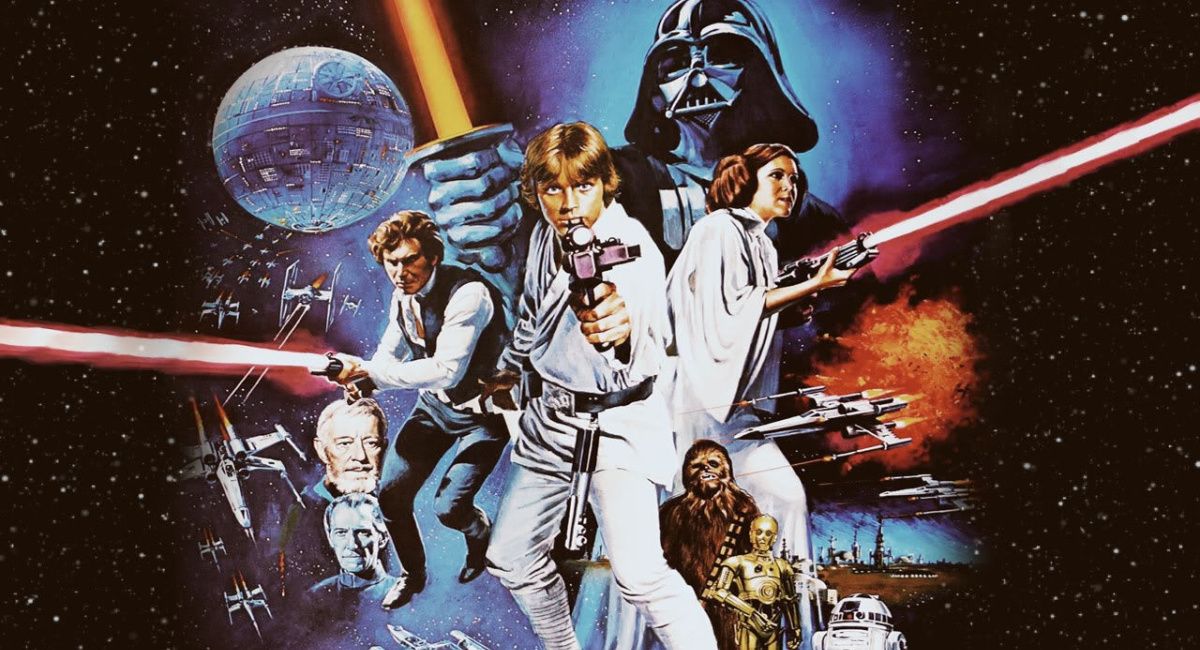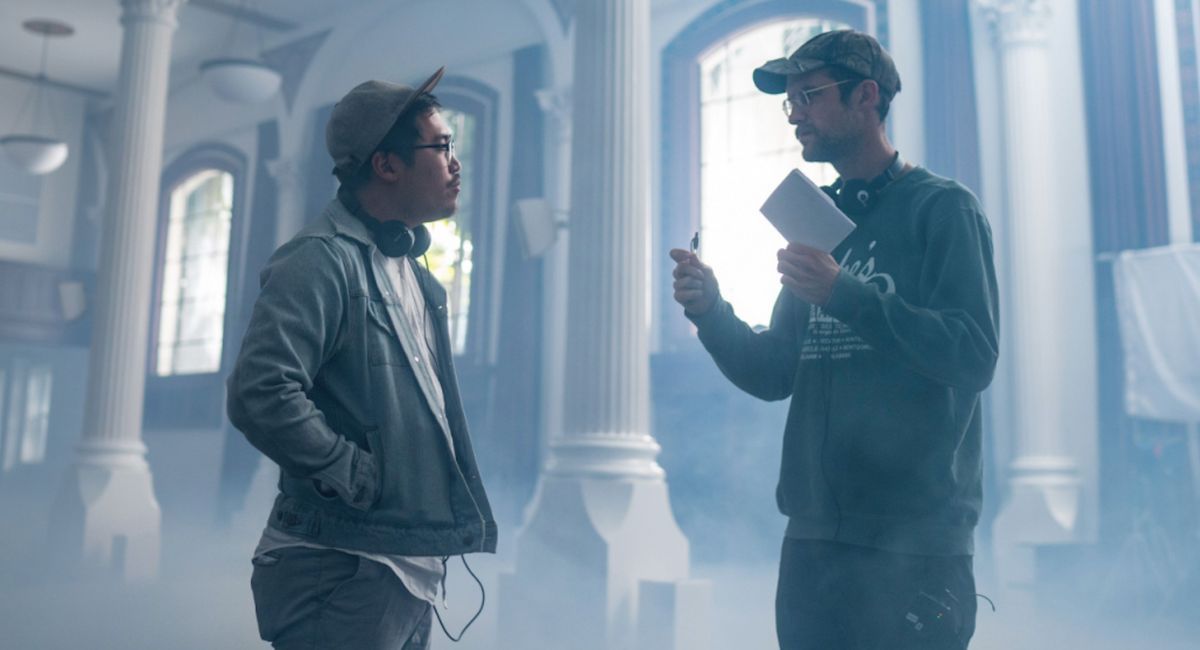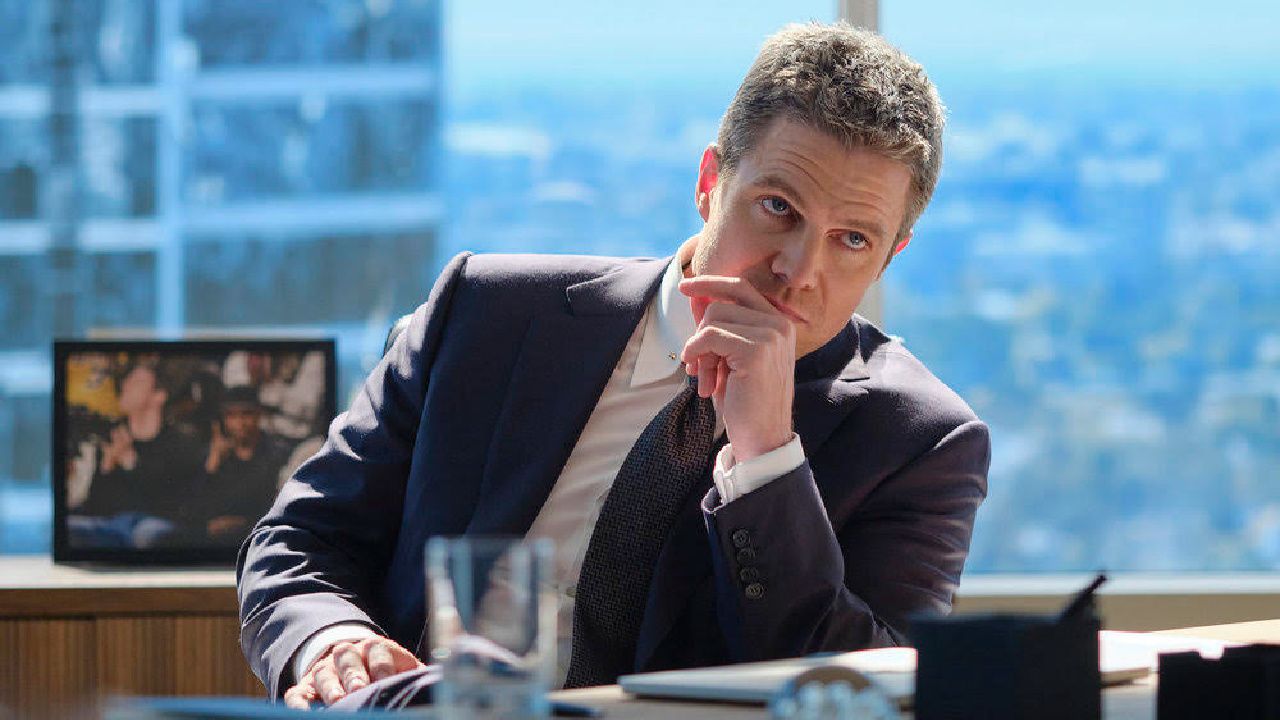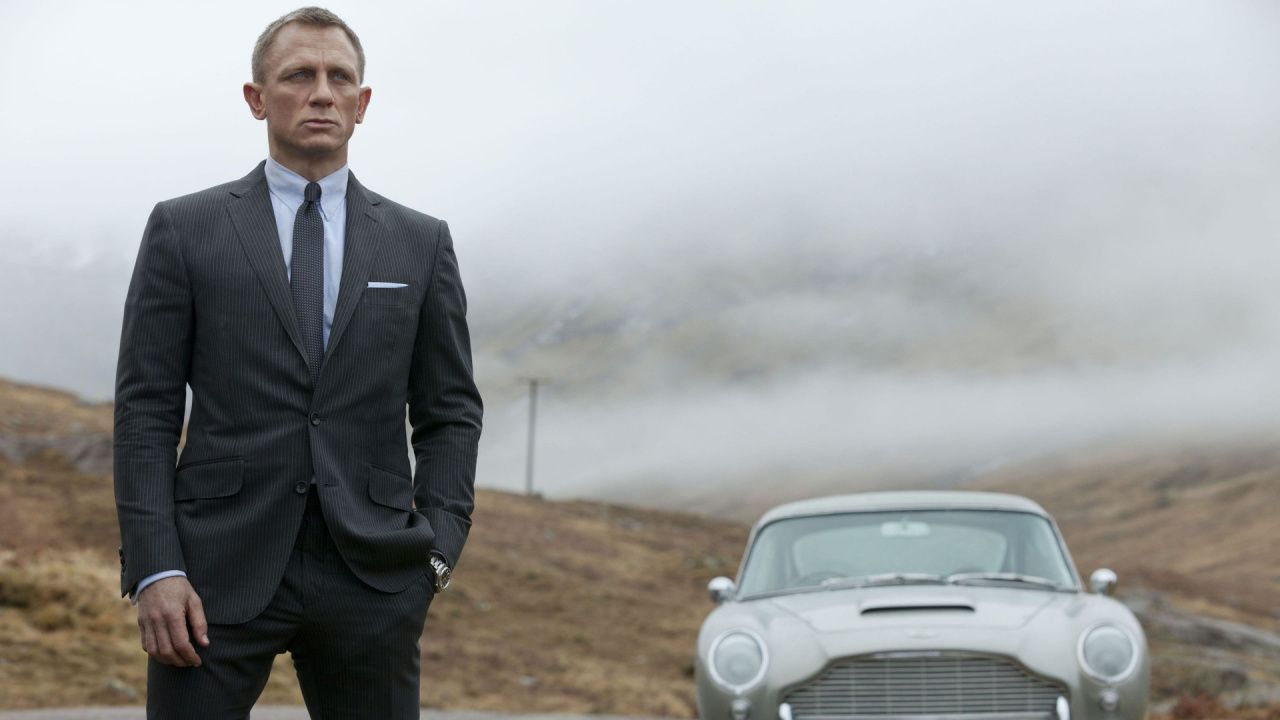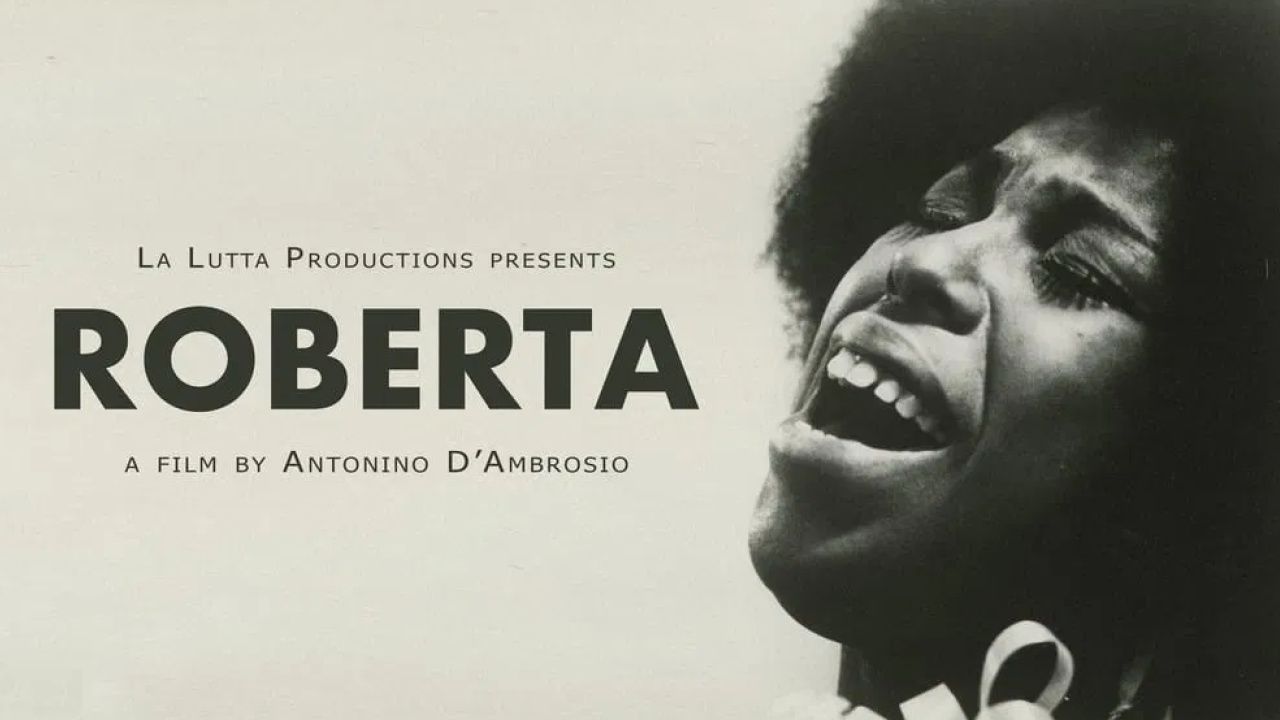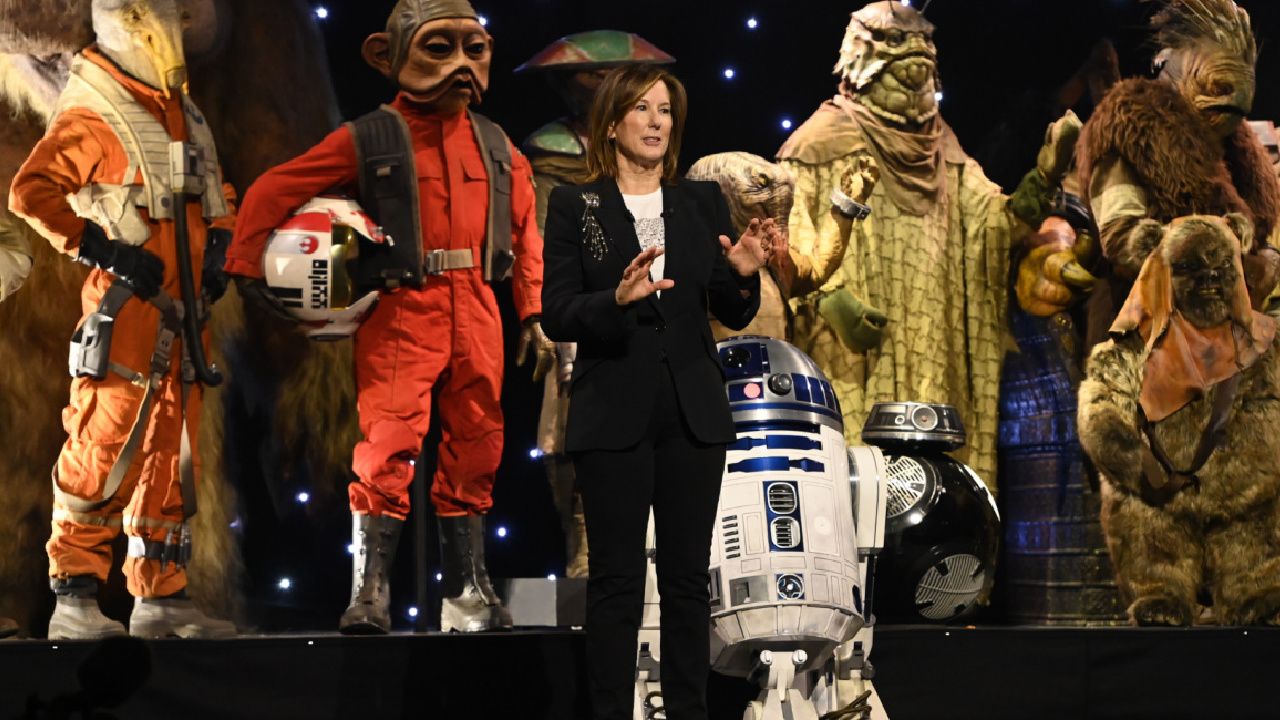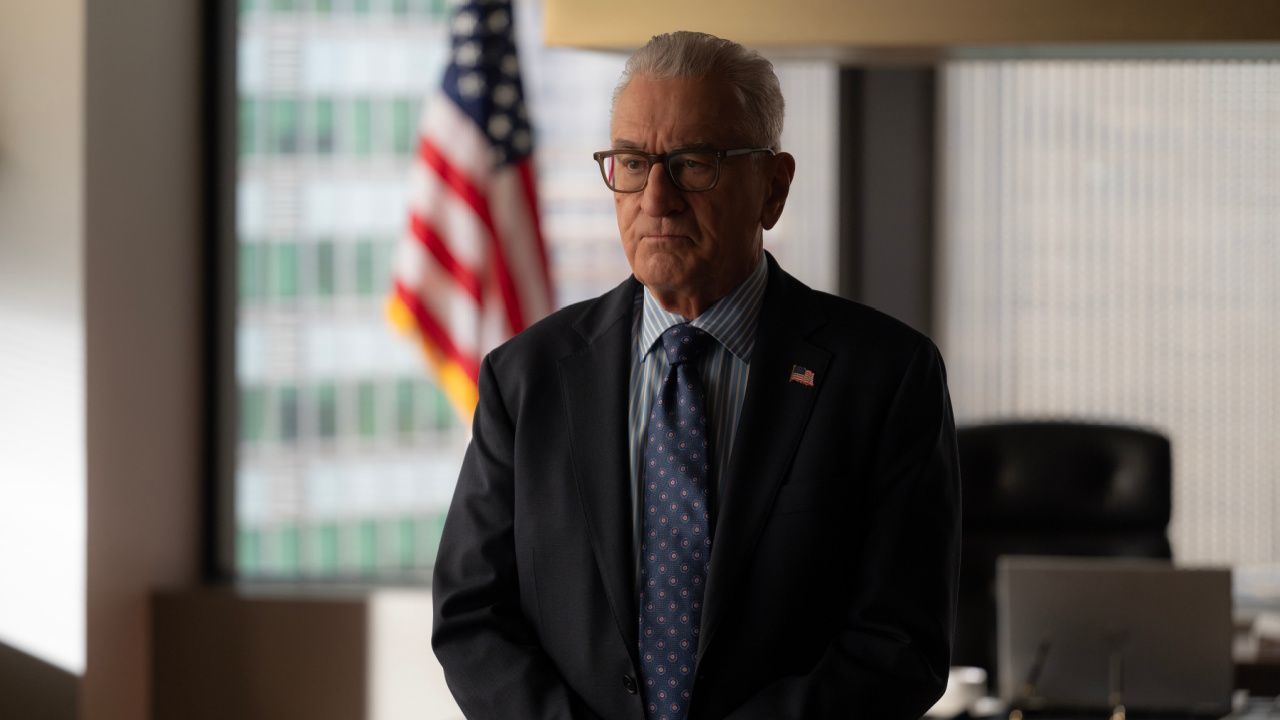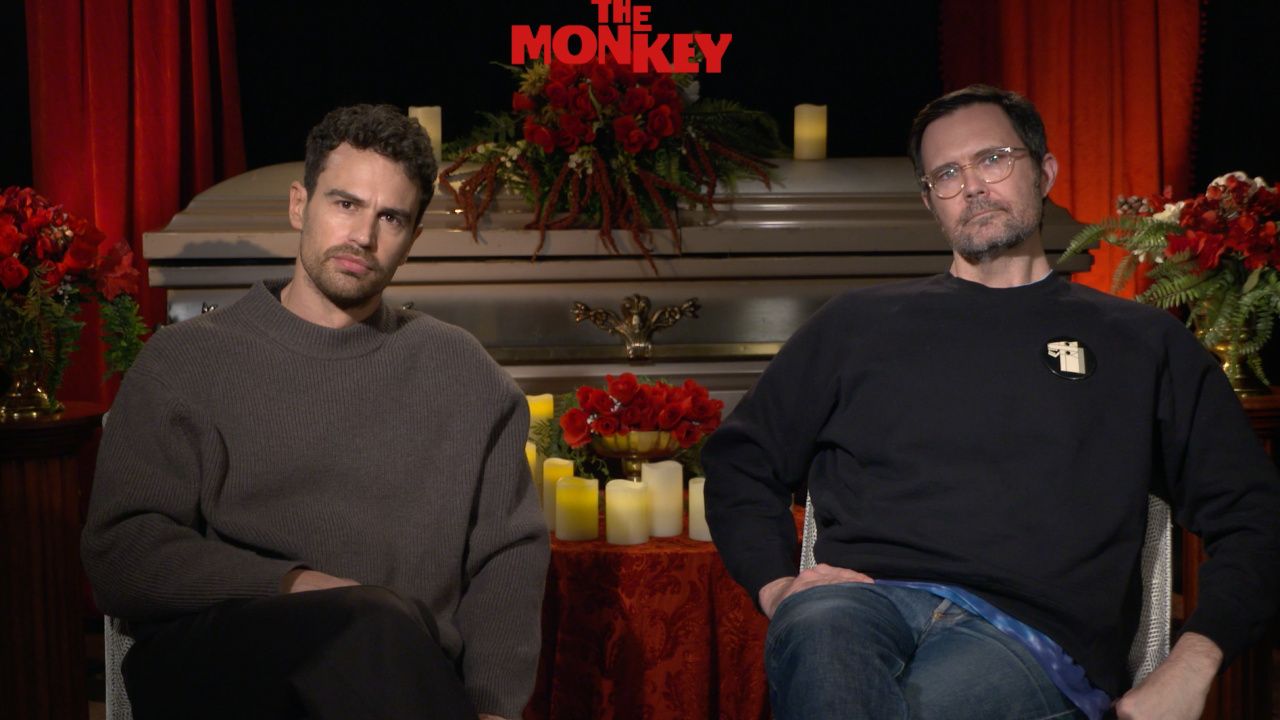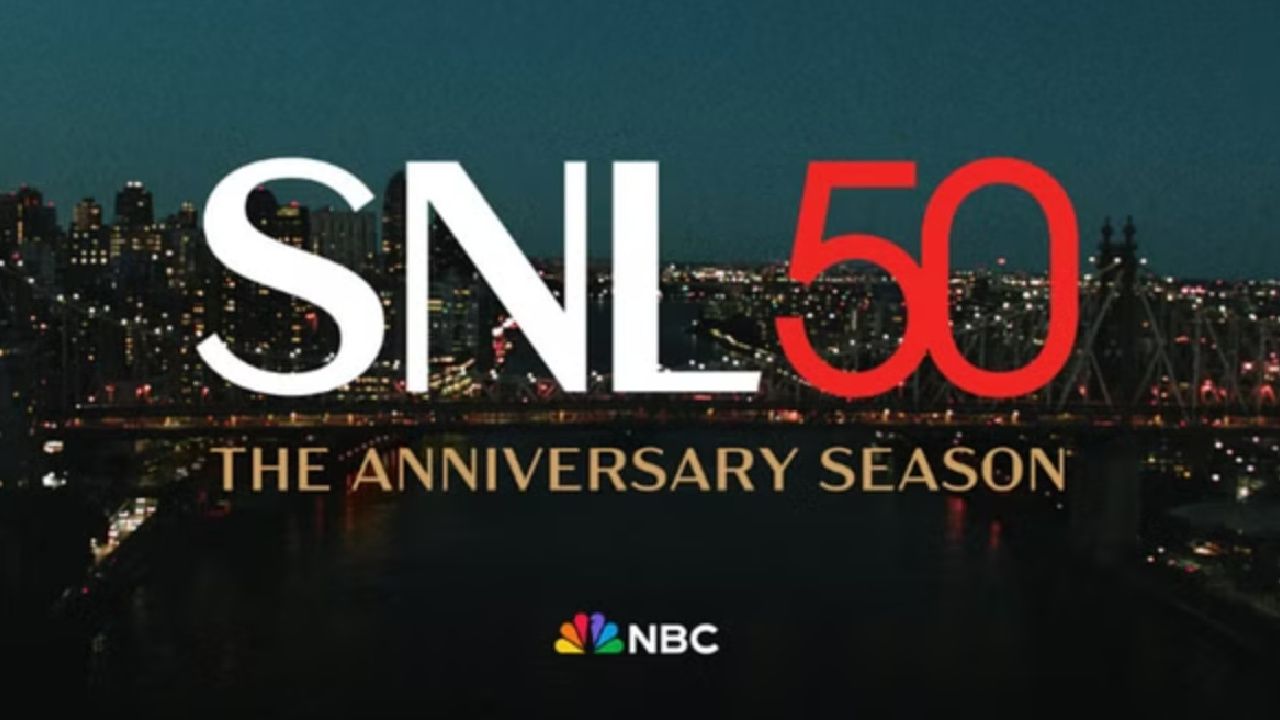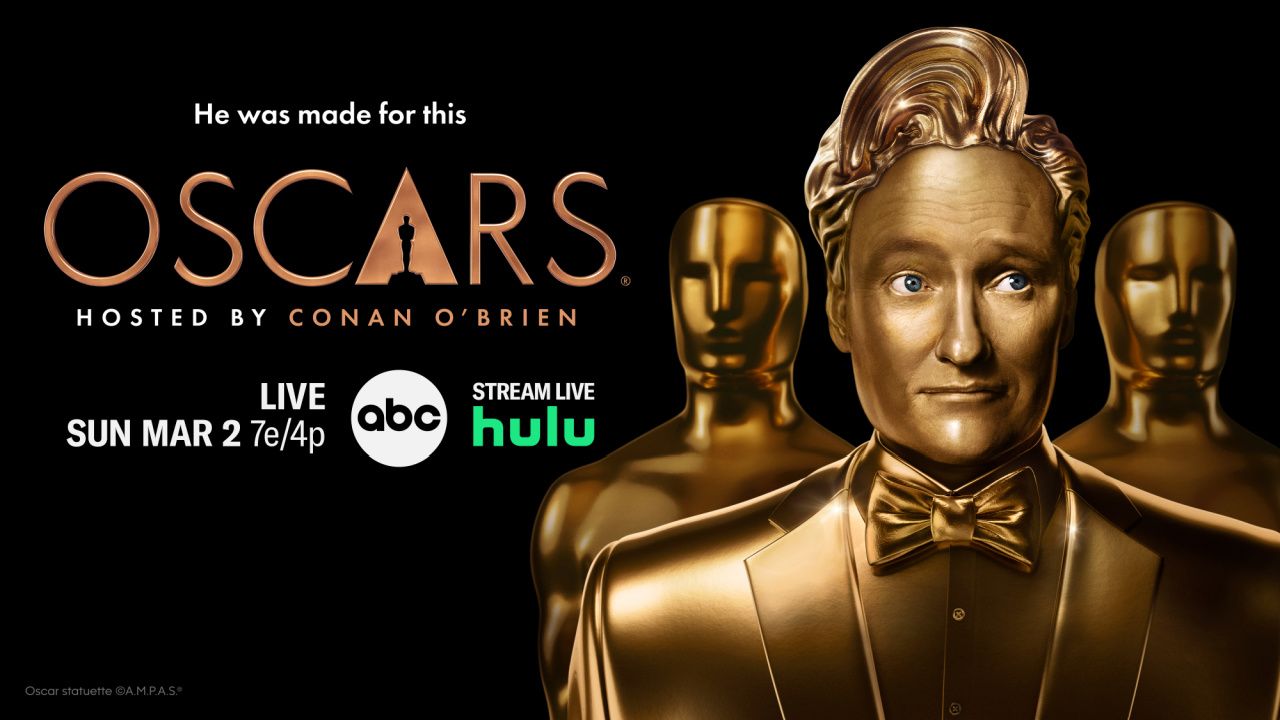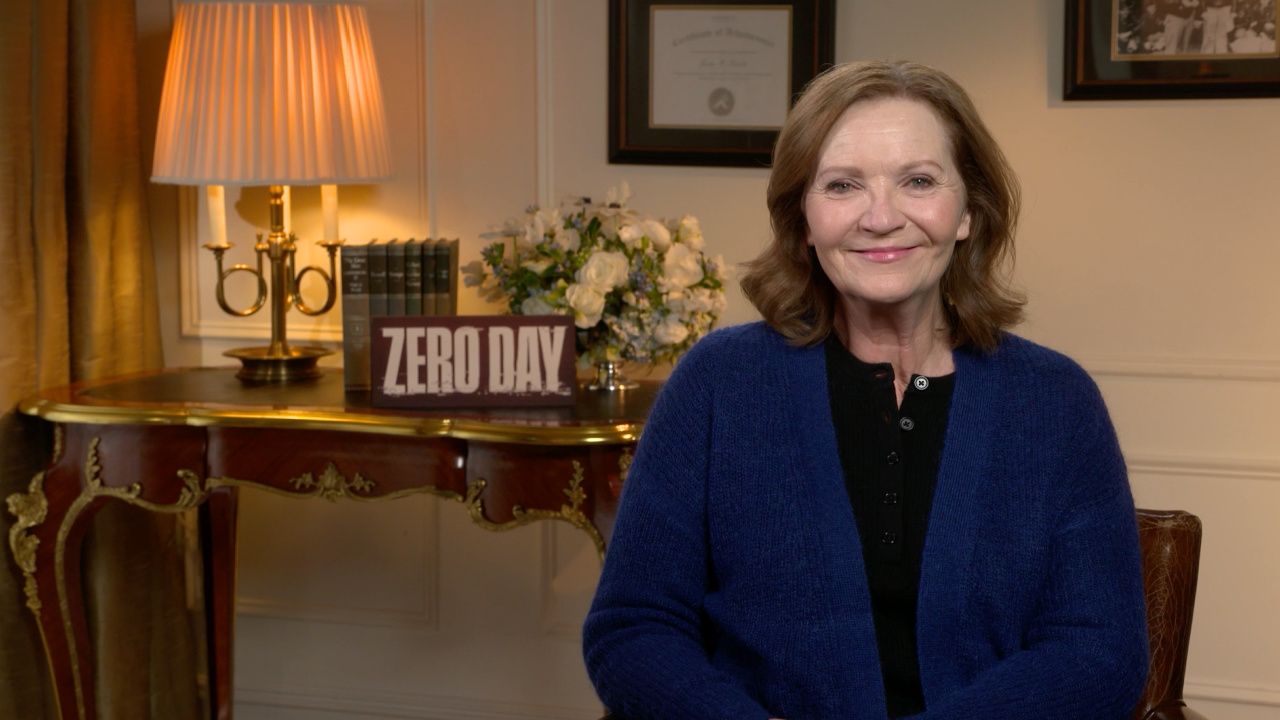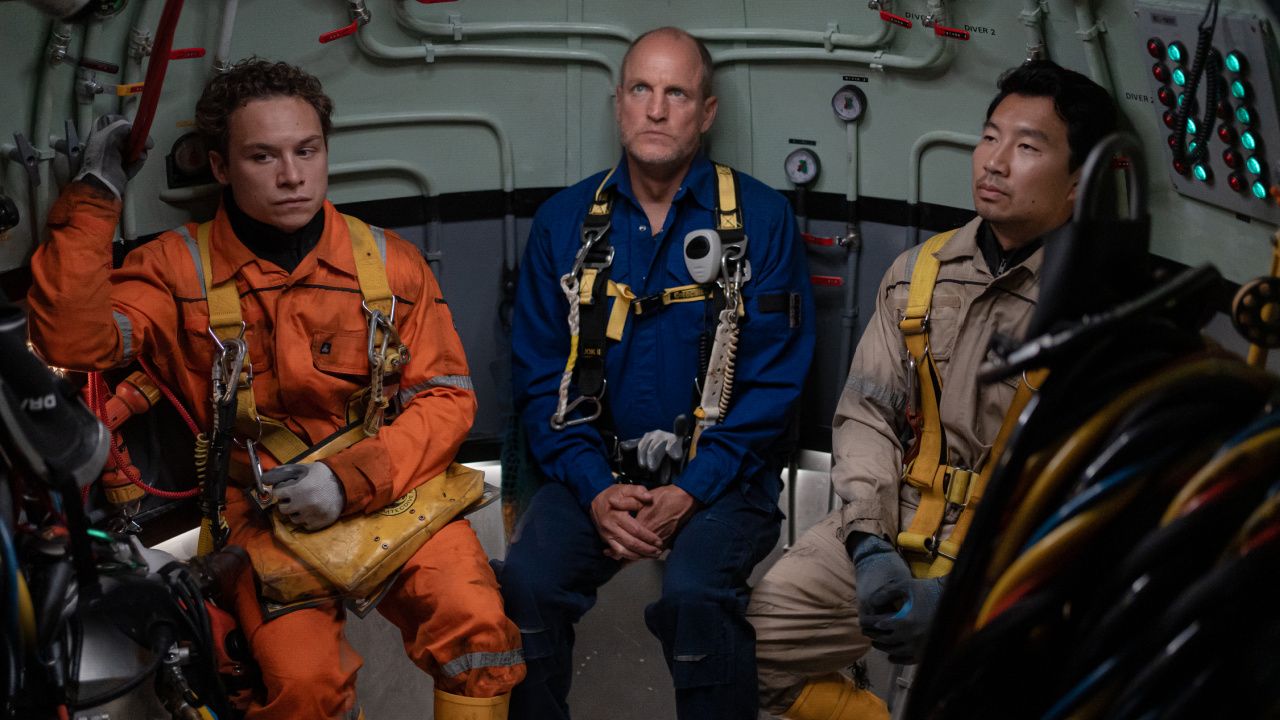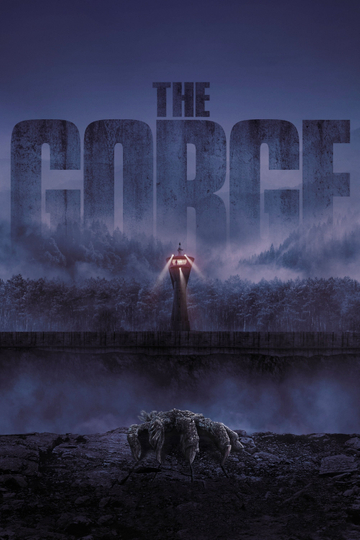Damon Lindelof Reveals How 'Tomorrowland' Is a Lot Like Hogwarts
LOST" and the "Star Trek" reboot, Lindelof's latest venture teams him with director Brad Bird (who can't write Pixar's "The Incredibles 2" fast enough) in their long awaited sci-fi adventure "Tomorrowland."
"Tomorrowland" functions as one of those movies that doesn't quite fit into any one genre. There is of course sci-fi, but mixed in are adventure, action, drama, comedy, fantasy -- it's as if Lindelof and Bird threw a little bit of everything into a bowl, mixed it together, poured out the contents, baked it for two years and are now ready to serve it to audiences this weekend.
During our conversation with Lindelof, we talk about how this movie came to fruition, where the pins came from, dealing with time travel (again), how they got George Clooney to do a summer movie (his last true summer movie was eight years ago in "Ocean's Thirteen"), and which scene absolutely needs to be seen in IMAX theaters.
Moviefone: Since there are so many genres this movie can fit in, how did you pitch this to Disney?
Damon Lindelof: Interestingly enough, as opposed to me saying, "I want a meeting with you guys, I have a pitch for you," it developed much more organically. I was having lunch with Sean Bailey who is the president of production at Disney and he asked me, "What do you think a Disney movie is? Because obviously we have Marvel," and this was before they bought Lucasfilm. I said, "Listen, I'll be honest with you, when I first heard there was going to be a "Pirates of the Caribbean" movie, I thought it was the dumbest idea I'd ever heard and then I saw the trailer and it works because the ride feels familiar and you can do whatever story you want. There are no characters on that ride, just as long as there's a dog with keys in its teeth at some point, I feel like you've kind of earned the title.
So, that's when you started looking inside the park for ideas?
Right, so I would be looking inside the parks for great ideas and I said, "If there was a movie called 'Tomorrowland,' I don't know what it's about, but I'd go and see that." He said, "What would it be?" and I said, "For me, the jumping off point would be a 'Close Encounters' approach, which is, somebody sees something they weren't supposed to see and they come to feel this means something and need to know more about it and go in pursuit of it." Obviously, "Close Encounters" is a one-of-a-kind, iconic film, but there's no bad guy. The U.S. government is sort of a pseudo-bad guy, but with our movie, you probably need there to be a bad guy. I said to him "'Tomorrowland'is Hogwarts, and the magicians don't want you to find it, but in this case, instead of magicians, you've got geniuses."
Interesting. So what happened after that? When did the now ubiquitous pins come in to play?
The next time I met with them, I think I had the idea of the pins, and I was pitching a much more international approach, like there would be five main characters who lived all over the world and each one of them came in contact with one of the pins and it was about them coming together.
You mentioned "Pirates of the Caribbean," and that's obviously a huge franchise now that is driven by action and comedy. When you started putting the pieces together for "Tomorrowland," did it automatically become a sci-fi movie, given your background?
I think the title "Tomorrowland" seems to conjure a sci-fi premise, but I kind of went out of my way to make this an adventure movie that used science fiction language. I said, "If this movie is going to work, probably fifteen percent of it is going to take place in Tomorrowland. I think again, following that "Close Encounters" approach, we're going to show you a lot less aliens. I wanted the majority of the movie to take place in the world that we know with evidence and hints of Tomorrowland and then ultimately end up there. You're always looking for ways to make the sci-fi accessible.
Did you ever consider going 3D with this movie, or was it always 2D?
We always wanted the movie to be in 2D. Brad kind of felt that if we were going to do it in 3D, we would need to shoot it in 3D because he didn't want to do the conversion, and if we're shooting it in 3D, we're probably going to be distracted from making it the best it can be, so we made the decision early on to keep it 2D.
Let's switch to the actors. Britt Robertson really nails the role of Casey, and I know that a few other actresses were considered for that role before her. What was it about Britt that made her the perfect actress for the part?
I think there are many aspects to it when you're casting for a part like this, where you have to essentially have to carry the movie for an hour by yourself before George Clooney even steps onto the screen and then it becomes about chemistry. I think for Britt, she had to be able to sell wonder and optimism in the face of pessimism. Once we had Raffey [Cassidy], who we cast before Britt, it was about flying Raffey over from the UK and putting them in a room together. We had narrowed it down to a couple of actresses for Casey, and Britt just crushed it with her. They just had great chemistry together. Then it just became undeniable.
Considering George doesn't do summer movies, why do you think he was interested in the role of Frank?
I think George totally embodies everything that the movie is about, and he's had great range in that he's both directed and performed intense dramatic roles but also comedic roles, and you kind of need someone who can do both of those things. More importantly, George as a guy, both in the movies he chooses to make as an actor and George Clooney the individual, is very idealistic. He identifies wrongs in society and says, "I'm not going to look at Darfur and say, 'Boy what a mess.' I'm going to look at Darfur and I'm going to get satellites to beam images of the tragedy and then goes to meet with world leaders to try and work on a resolution." So if we're going to George and ask him to be in a summer movie, which he doesn't do, there needs to be some kind of merit to it.
So he jumped at the substance more than the sizzle?
We're trying to capture the idealism of the movie, which some might perceive as a little corny, like, "Oh, there's a message to it," he just totally jumped on it on that level. Look, we all love superhero movies and sequels and I'm going to go pay to see every single one of those movies this summer, but if you're going to do something original, albeit based on an existing Disney property, it should have some value and I think that's what he wanted to do.
Movie fans in particular like to nit-pick time travel. I noticed you sort of side-stepped the whole Doc Brown, "Back to the Future" thing about not interacting with your future self and so on. How did that develop to keep the future and the past and the present all separate?
After season five of "LOST"and the "Star Trek" reboot, I was like, "I'm never doing time travel again, ever, ever, ever." Whether you do paradox or non-paradox, you just can't win. So with "Tomorrowland," it was like, what if it wasn't time travel but it was a machine they built that showed them and told them this is your definite future, but then the whole movie becomes about, well... is it? I was always catalyzed by this Arabian fable called "Appointment in Samarra," which is all about cheating death and, in many ways, is a time travel story. Basically, if you were told about the moment you were going to die and you knew about it in advance, could you avoid it? I always thought that would be a really cool story to tell in the context of a science fiction premise where you built a machine that did that.
Finally, there are some really big scenes in this movie that stand out. Which scene do you think movie fans absolutely must see on the big screen, particularly in IMAX?
I think Casey's extended pin sequence. She rides her bike out and touches the pin and takes this four minute ride through Tomorrowland that Brad designed as one contiguous shot without any cuts. I feel like that, in itself, is sort of worth the price of admission because we're putting this on an IMAX screen, we're not using IMAX cameras to shoot it, so we should probably justify it. As a fanboy and a moviegoer, I'd probably say, "Ok, I'm glad I saw it."
"Tomorrowland" opens nationwide Friday, May 22nd.

